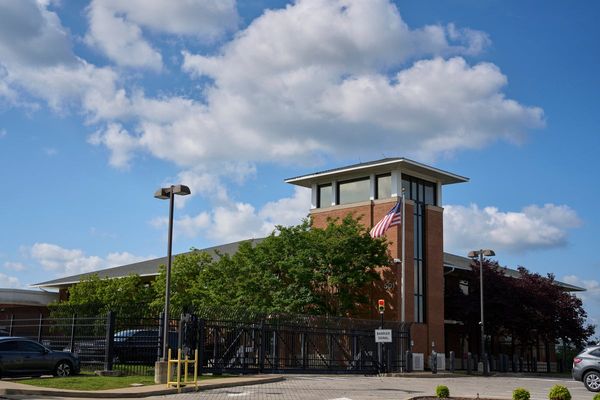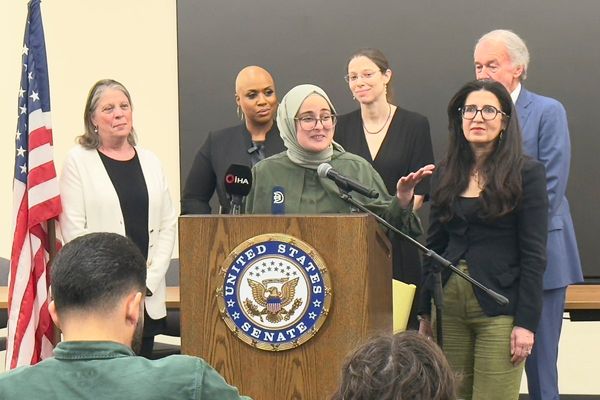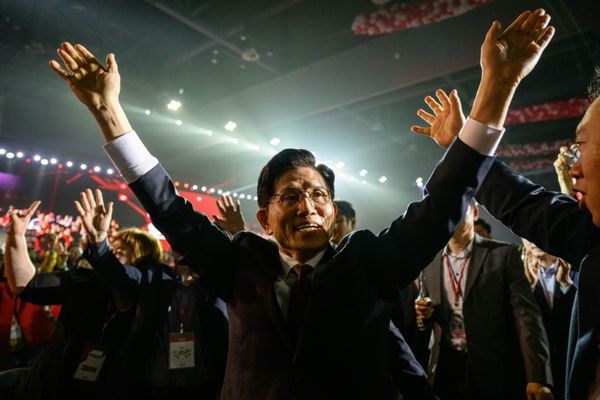
“And now, thanks to you, I have an upset surgeon on my hands. What do you think will happen to the waiting list?”
As a senior surgeon bellows down the phone at my friend, I am dumbstruck by his sheer vehemence and the ease with which he belittles her after hearing that a surgeon has behaved inappropriately towards her. Not once does he ask for her account or how she is feeling; he is in a rush to remove an irritation before resuming his business. The naked aggression achieves its desired effect. After shedding humiliated tears, she concludes that the process of justice will be arduous and self-destructive. Better to avoid one errant surgeon that lose an entire career.
It is hard to illustrate the full emotional impact of such situations unless you have been there. And since most people want to forget them and move on, it takes extraordinary courage to relive the details in public hoping that your experience will help someone else.
After Dr Dominique Lee detailed her sexual assault by her supervisor, phones rang hot as doctors shared her story and their shock.
She was training to become a radiation oncologist when her supervisor, John Kearsley, twice as old as her, preyed on her. To discuss her career, he invited her to his family home minus the wife and daughter who were meant to be there. There, he plied her with a strong sedative and sexually assaulted her. Three years later, Kearsley was found criminally guilty and lost his registration. But then, his sentence was vastly reduced in acknowledgment of his “extraordinary service to the medical profession”, the kind of citation associated with an Order of Australia rather than sexual assault. Angered, she sued for damages, and he settled.
Dr Lee won the battle but lost her bearings. She was forced to move cities, switch specialities for a couple of years, and live with the shame and self-hate that should not have been hers in the first place. She has spoken 10 years after the event.
In a telling footnote, Kearsley was found guilty again, this time of sexually assaulting the daughter of a cancer patient.
As a woman in medicine, Dr Lee has company.
In this case, a surgeon invited a trainee to a tutorial and assaulted her. In the tribunal, he said he had been home with his wife and kids and anyway, the tutorial could not have occurred because she hadn’t carried pen and paper. (She retorted that she could learn without taking notes.)
In awarding damages, the judge praised the trainee as steadfastly honest, rejecting her characterisation as a “schemer of bad character” who had fabricated her allegation to hide professional shortcomings. The accuser and his high-profile colleagues were deemed biased, ungracious and disappointing in their conduct. They all kept their jobs, she struggled.
These disclosures are upsetting and confronting but we owe it to these brave doctors to reflect on the culture of medicine.
First, the problem of sexual harm is not limited to surgeons although surgical training creates a distinct environment of hierarchy, overtime and proximity in which sexual misconduct can go unchecked.
Most doctors would not think of radiation oncology as a dangerous place for women; or, for that matter, “collaborative” specialities including intensive care and emergency medicine and a range of jobs performed by junior doctors.
Researchers say that the rate of sexual harassment in the general population is one in three and the prevalence is similar in healthcare.
Ample evidence suggests that under-reporting of sexual harm in medicine is endemic.
Most of the abuse occurs in the public hospital system and most of it happens to women. The first step in tackling sexual harm is to refute the culture of denial that says that if she did not report it, it didn’t happen.
Walk into any hospital and you will find signs saying violence will not be tolerated. What the signs don’t say is that the greatest threat to doctors is not irate patients but other doctors. In the case of junior doctors suffering sexual harm, nearly half the perpetrators were their trusted supervisors. To add insult to injury, doctors often don’t readily come to the aid of their colleagues for fear of losing their own tentative grip on belonging and status. The quiet shame of sexual harassment is traumatic enough, but the withdrawal of institutional support and internal gossip becomes a second assault.
For zero tolerance to mean something, the whole profession must act as one, and we are simply not there yet.
In the aftermath of sexual harm, there are bewildering considerations. To excuse it or report it? Whom to tell? The list includes colleagues, the boss, the boss’s boss, human resources, the GP, the medical board, the College, medical defence and the police. What sequence and paperwork is required? How to seek time off without revealing why? Picture the emotional chaos.
To be fair, public hospitals have stepped up their condemnation of sexual violence, imploring doctors to report perpetrators. But in survey after survey, the top reason doctors aren’t listening is, “I didn’t think it would make a difference”. Pair the mistrust of bureaucracy with the near certainty of losing one’s reputation if not career, and it’s no wonder that silence appears golden albeit at an exorbitant personal cost.
Given this strong vote of no-confidence in the current system widely perceived as protecting the powerful, it is time to heed the calls for an independent authority such as an Ombudsman with sufficient powers to oversee a truly fair process and where required, compel consequences, and enforce change. Doctors will trust the system when the system respects their rights.
A life in medicine offers some unique challenges, and something that anchors doctors is the belief that ours is a noble profession. Two thousand years ago, Hippocrates urged us to treat others with empathy and humility. We like to believe that we are committed to this mission but through action and inaction, when we leave Dr Lee and nameless others like her grasping for safety, how can we stand morally upright?
A truly noble profession would not rest on its laurels. Helping patients should never be an excuse for harming doctors.
• Information and support for anyone affected by rape or sexual abuse issues is available in Australia at 1800Respect (1800 737 732). In the UK, Rape Crisis offers support on 0808 500 2222. In the US, Rainn offers support on 800-656-4673. Other international helplines can be found at ibiblio.org/rcip/internl.html
• Ranjana Srivastava is an Australian oncologist, award-winning author and Fulbright scholar. Her latest book is called A Better Death







